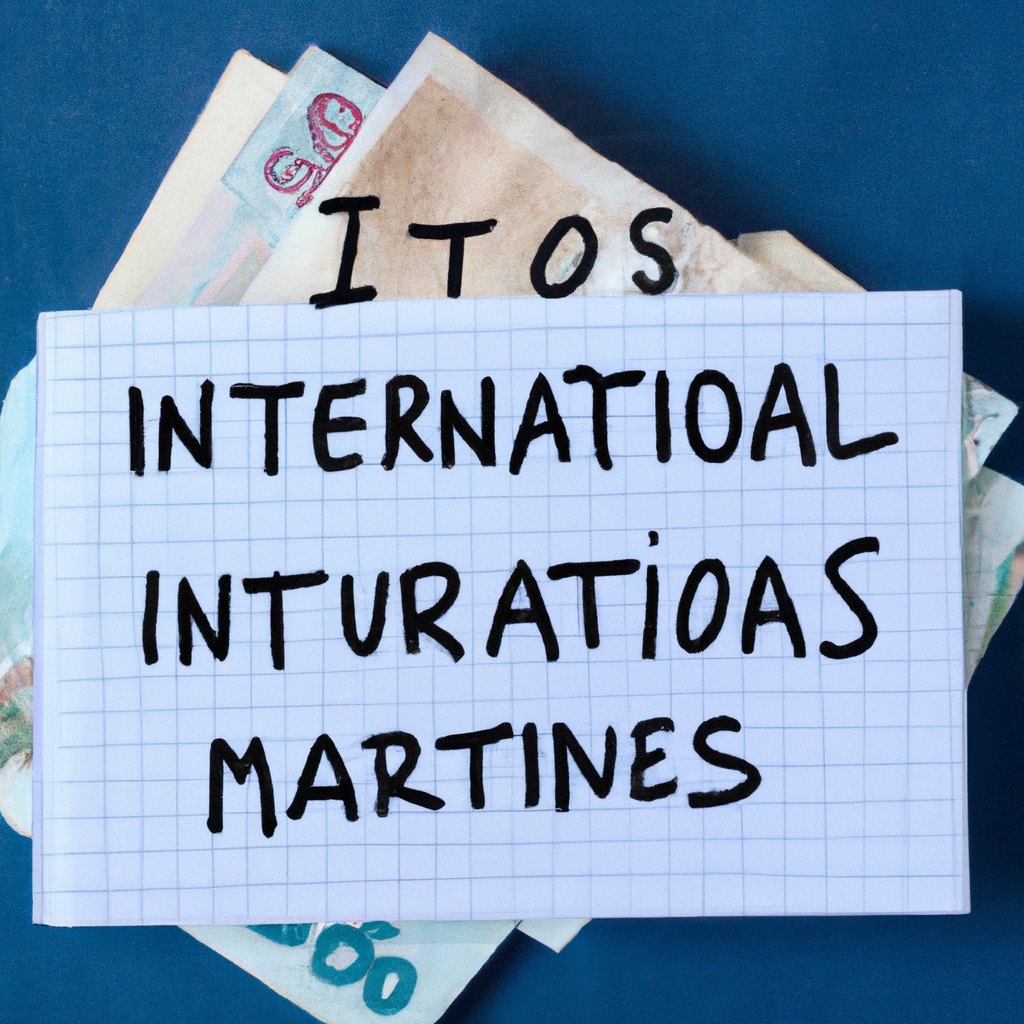Tips for Investing in International Markets
Introduction
Investing in international markets can be a lucrative opportunity for investors seeking diversification and higher returns. However, it also comes with its own set of challenges and risks. To make informed decisions and maximize your chances of success, here are some valuable tips to consider when investing in international markets.
Do Your Research
Before diving into international markets, it is crucial to conduct thorough research. This includes understanding the political and economic stability of the country, the regulatory environment, cultural factors, and the overall market conditions. Familiarize yourself with the local customs, business practices, and any legal restrictions that may impact your investments.
Diversify Your Portfolio
Diversification is essential when investing in international markets. By spreading your investments across different countries, industries, and asset classes, you can reduce the risk associated with any single investment. Diversification allows you to capture potential growth opportunities while mitigating the impact of market downturns in specific regions.
Consider Currency Risk
Investing in international markets involves exposure to currency risk. Fluctuations in exchange rates can significantly impact your returns. It is crucial to consider the potential impact of currency movements on your investments and develop strategies to manage this risk. Hedging instruments such as currency futures or options can be used to mitigate currency risk.
Understand Tax Implications
Investing in international markets may have tax implications. Different countries have varying tax laws and regulations that can significantly impact your investment returns. It is essential to consult with tax professionals who specialize in international taxation to understand the tax implications and ensure compliance with all relevant laws.
Partner with Local Experts
Having local expertise can be invaluable when investing in international markets. Consider partnering with local investment advisors, brokers, or consultants who have in-depth knowledge of the local markets. They can provide valuable insights, help navigate regulatory requirements, and assist in identifying promising investment opportunities.
Monitor Global Economic Trends
Stay updated on global economic trends and geopolitical developments that may impact international markets. Factors such as interest rate changes, trade policies, and political stability can significantly influence investment performance. Regularly monitor news, economic indicators, and reports from reputable sources to make informed investment decisions.
Be Patient and Long-Term Oriented
Investing in international markets requires a long-term perspective. Some markets may experience short-term volatility or political uncertainties, but can still offer attractive returns over the long run. Avoid making knee-jerk reactions based on short-term market movements and focus on your long-term investment goals.
Conclusion
Investing in international markets can be a rewarding endeavor if approached with careful planning and research. By diversifying your portfolio, understanding currency risk, considering tax implications, partnering with local experts, and staying informed about global economic trends, you can increase your chances of success and potentially achieve significant returns from international investments. Remember to always consult with financial professionals before making any investment decisions.



